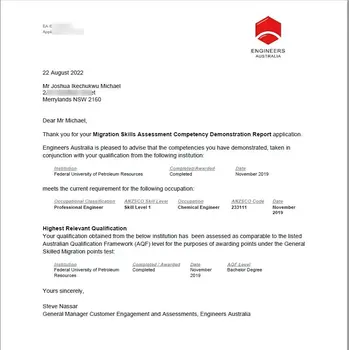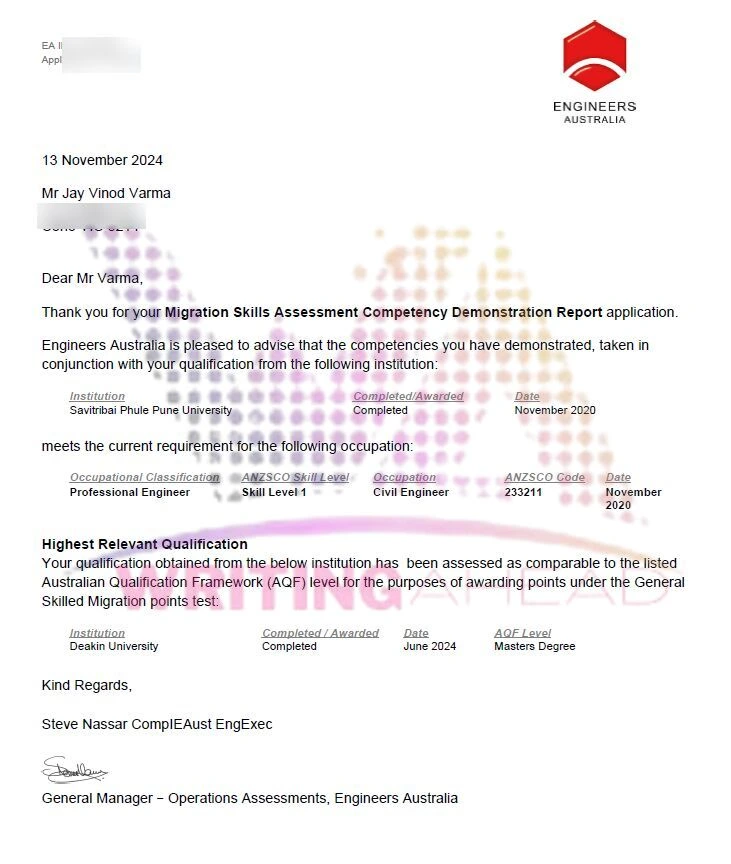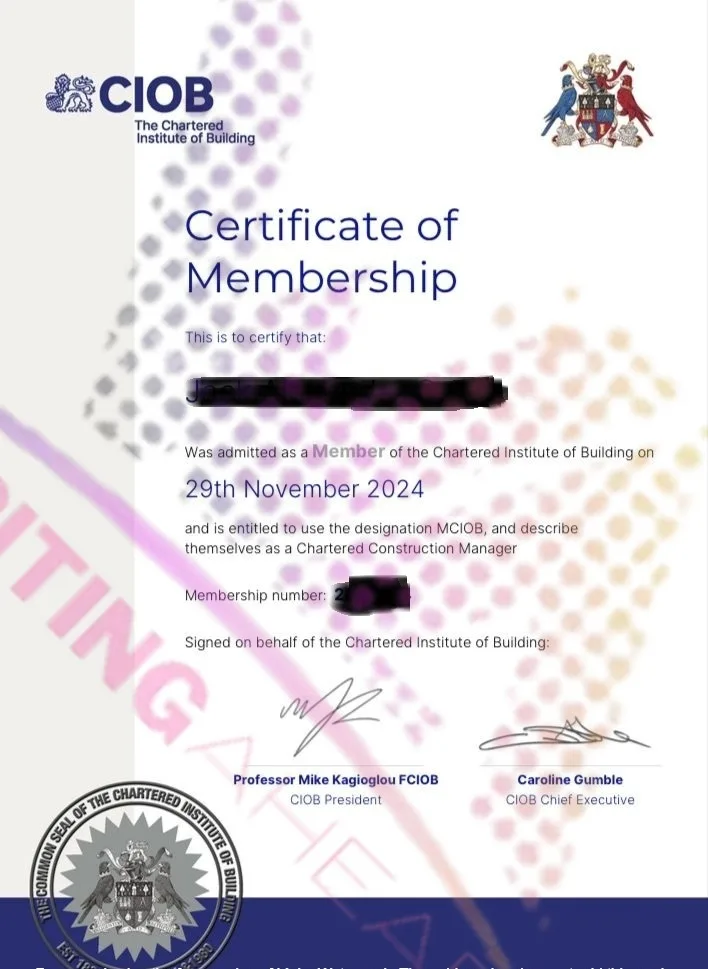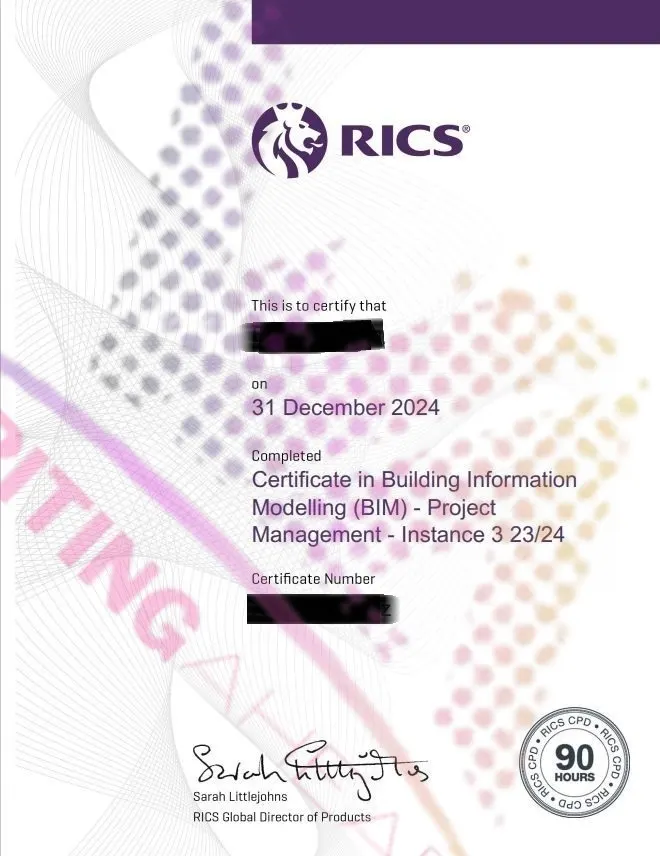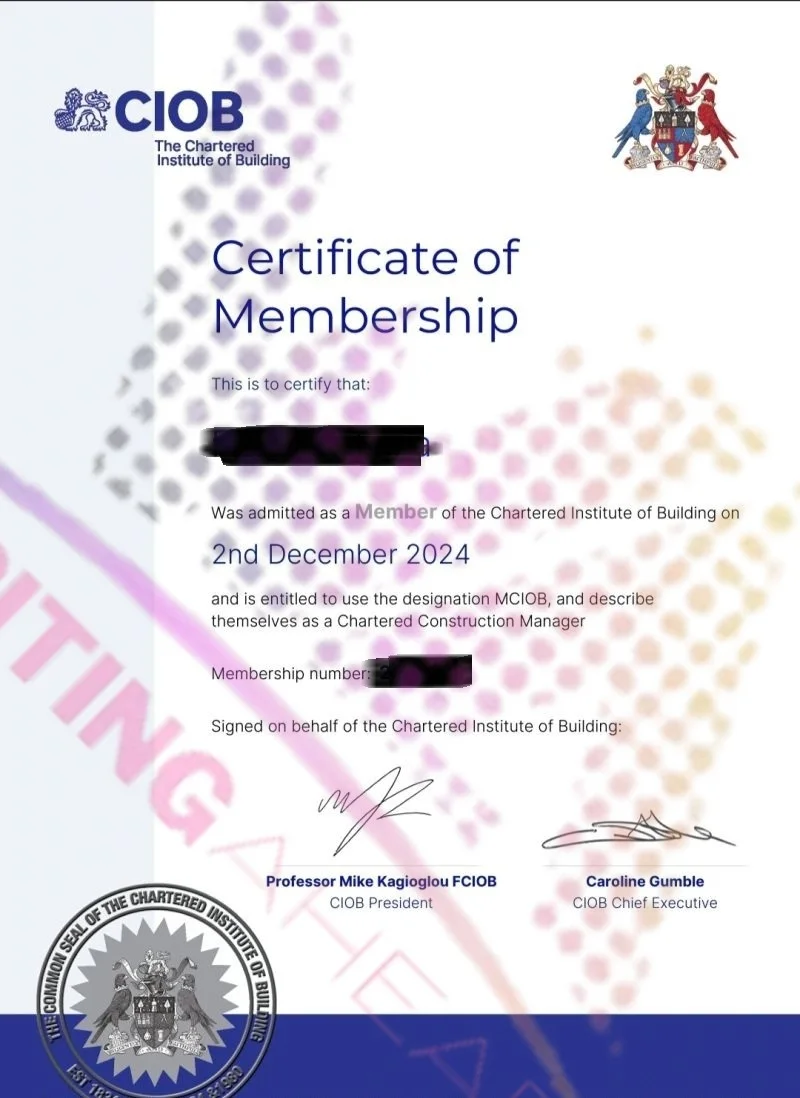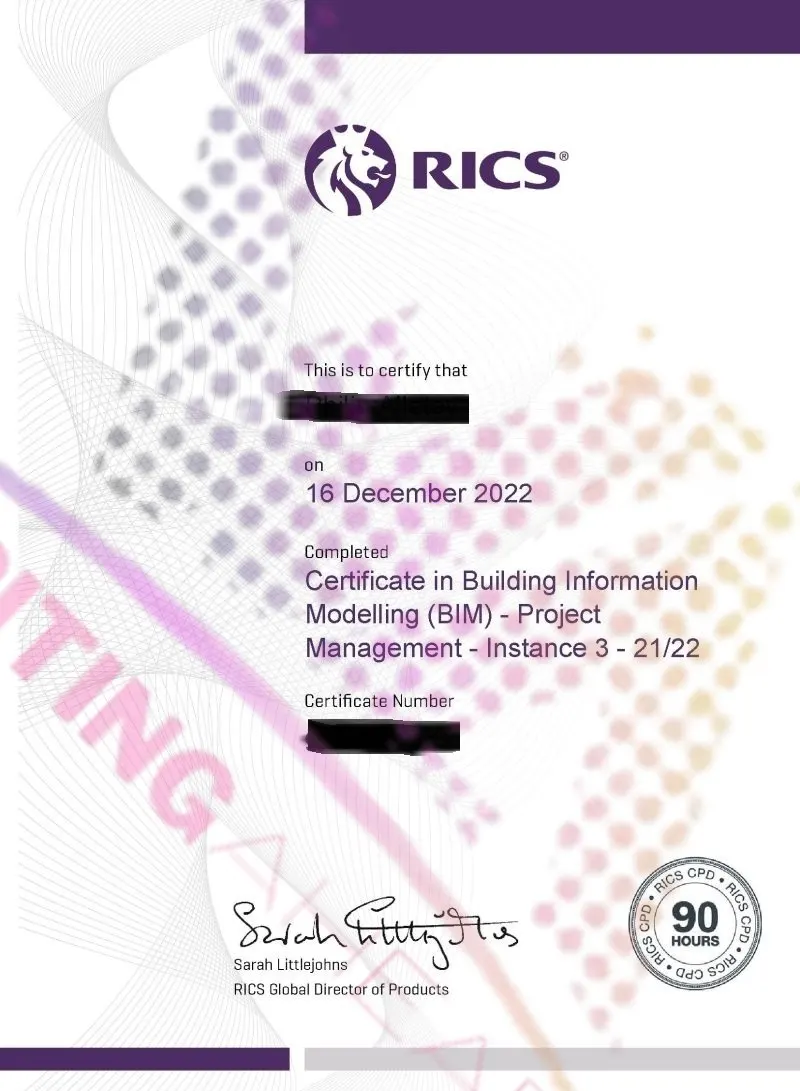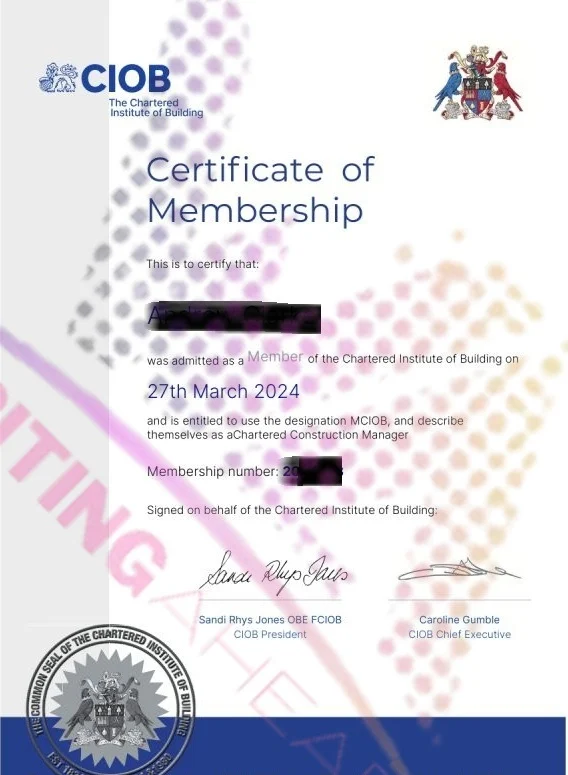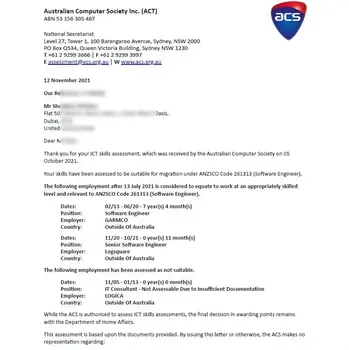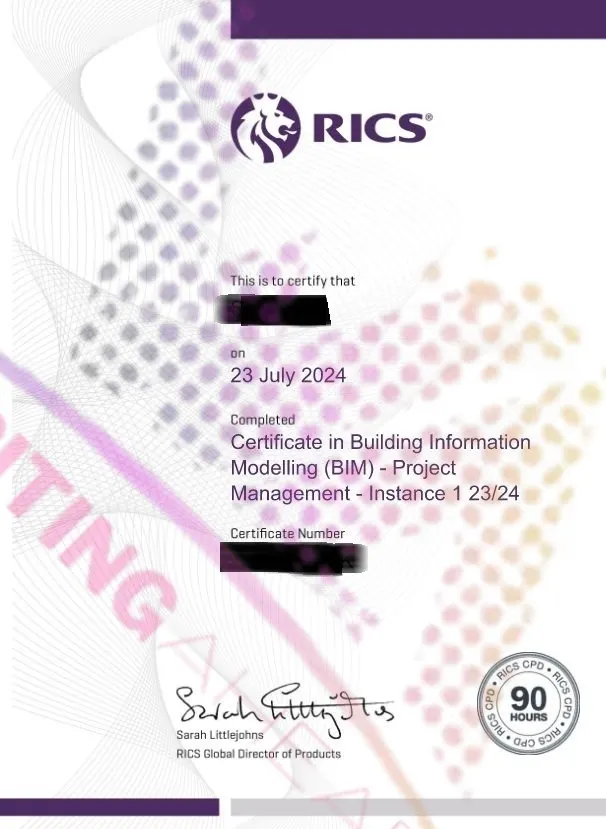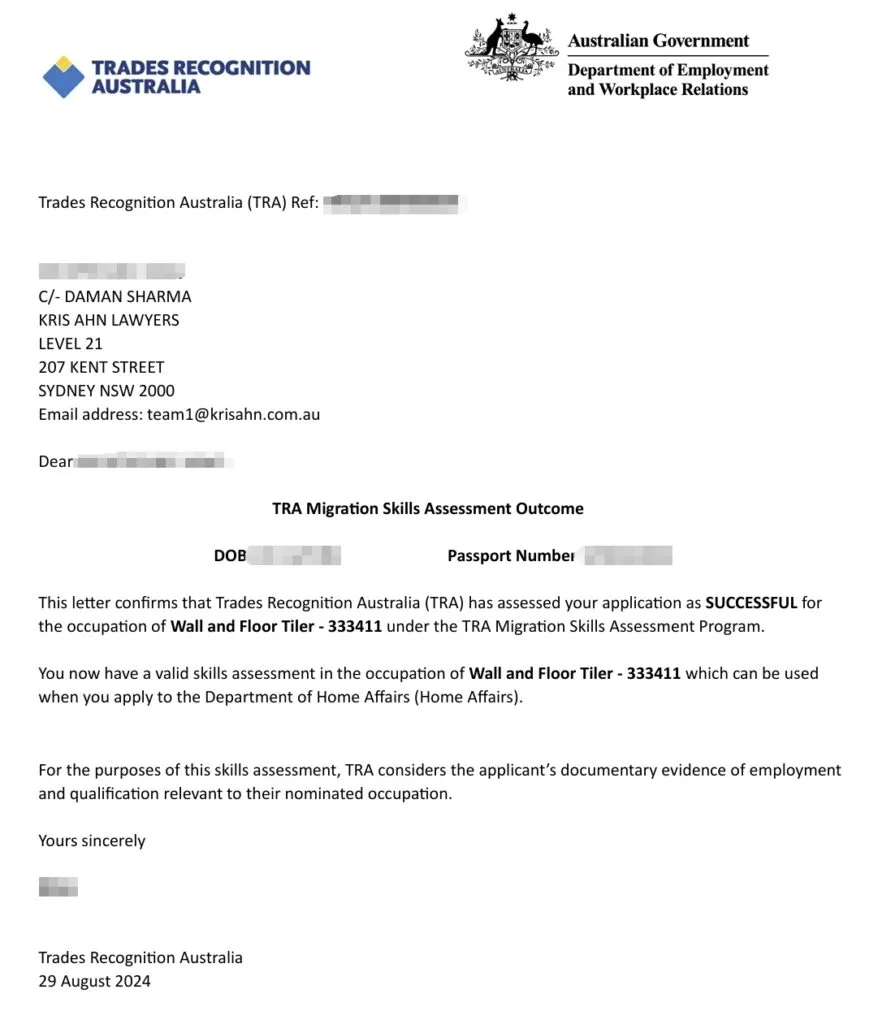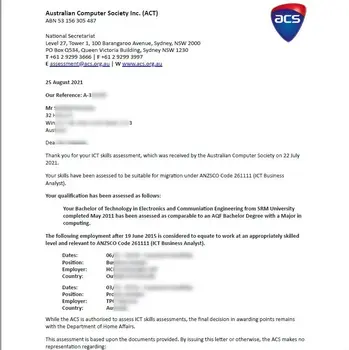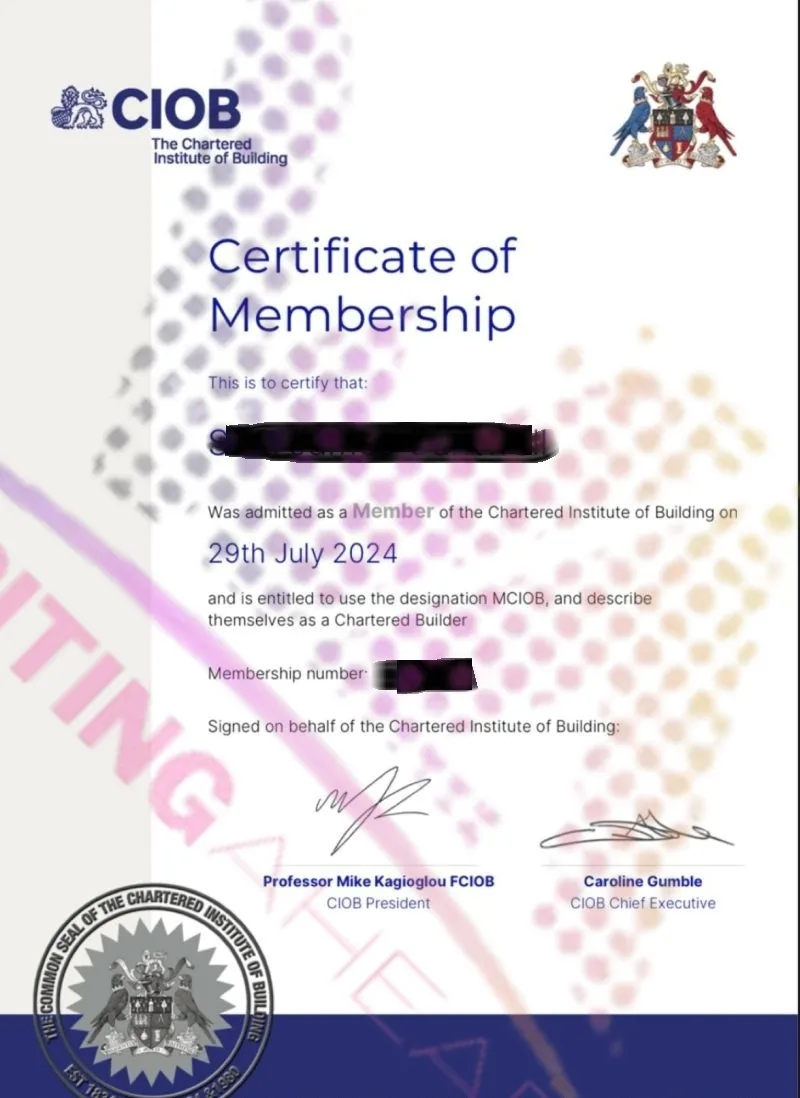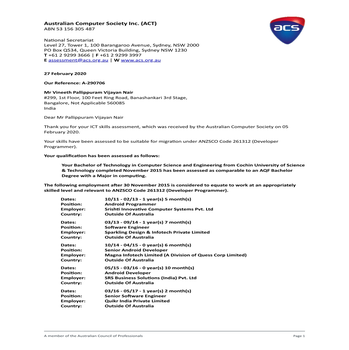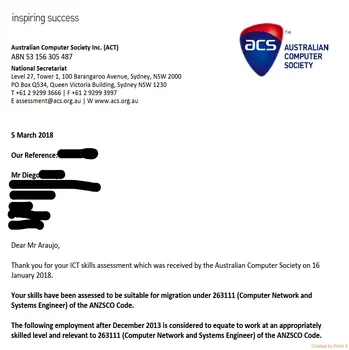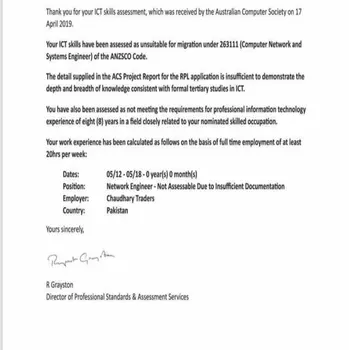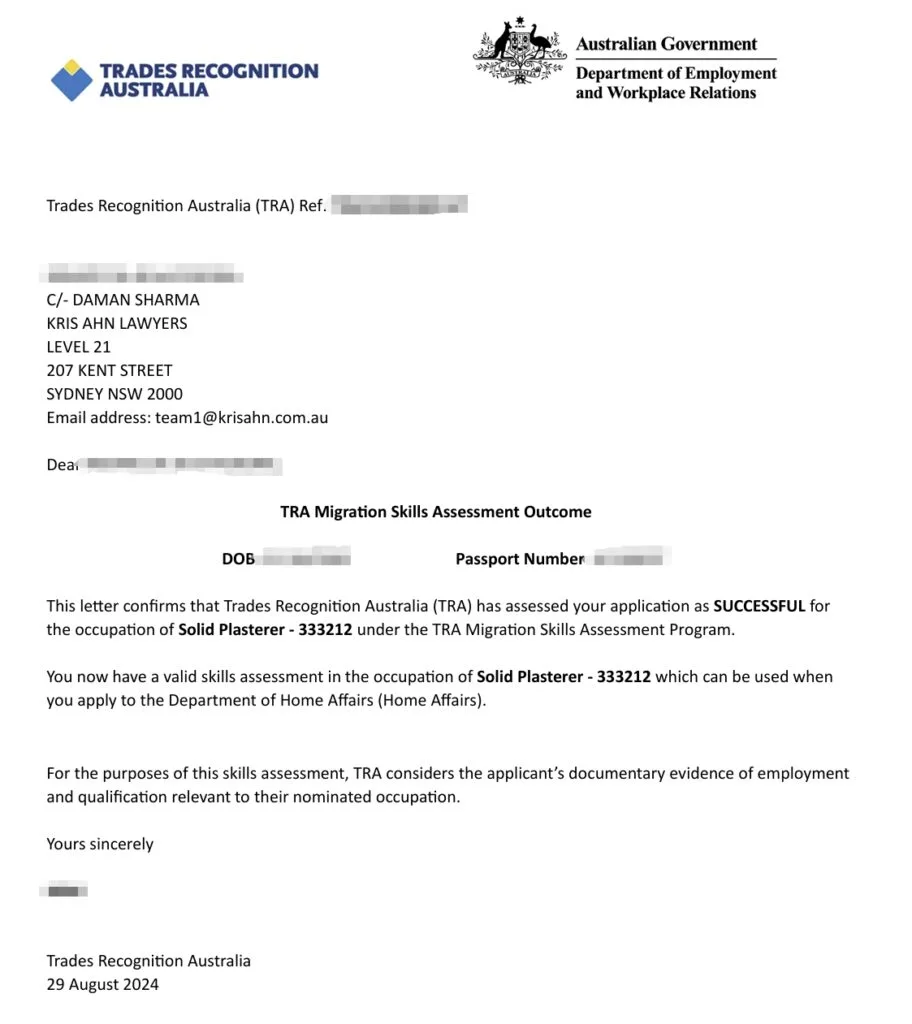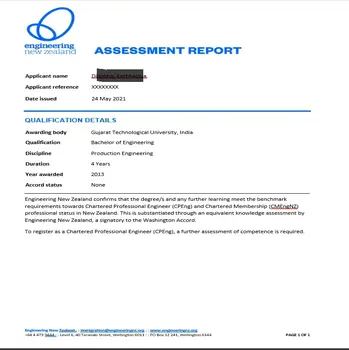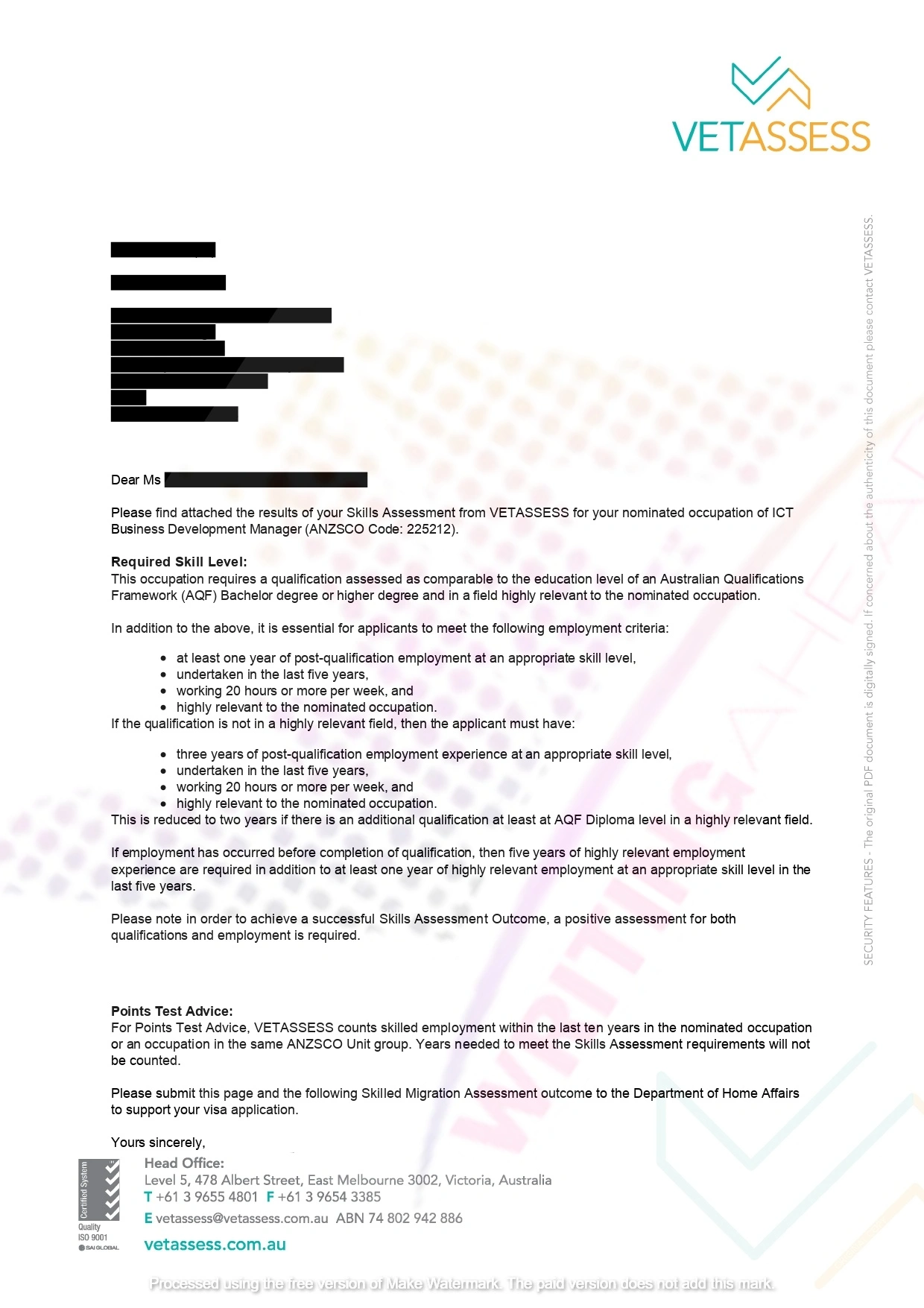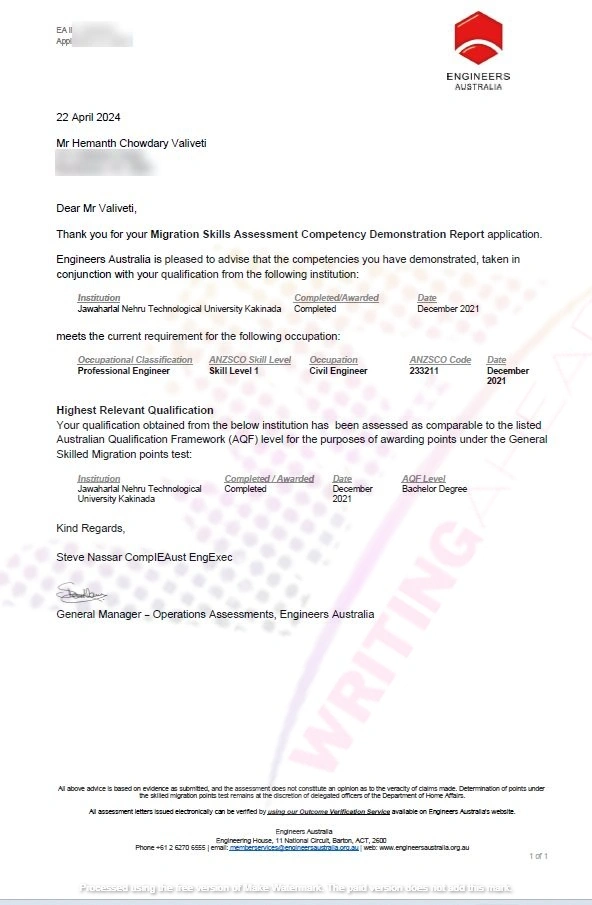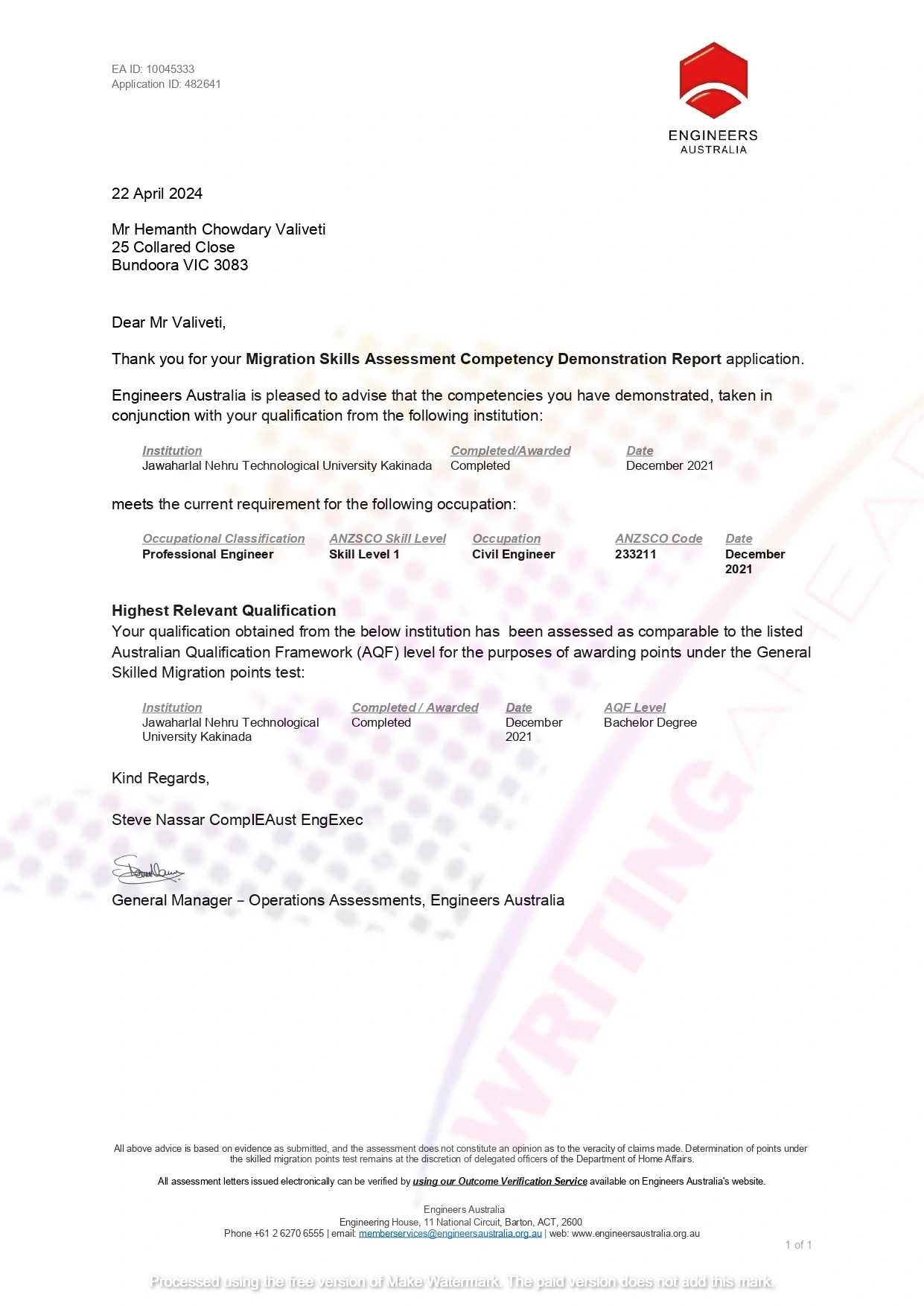What is Dissertation Help?
Dissertation help refers to assistance provided to students undertaking a dissertation or thesis as part of their academic studies, typically at the postgraduate or doctoral level. Dissertation help services offer support in various aspects of the dissertation writing process, aiming to help students navigate the complexities of research, writing, and presentation of their academic work.
Some common forms of dissertation help include:
| Research Assistance |
Helping students identify relevant research topics, formulate research questions, conduct literature reviews, and gather data through appropriate research methods. |
| Writing Support |
Providing guidance on structuring the dissertation, organizing chapters, writing clearly and coherently, and adhering to academic writing conventions and citation styles. |
| Editing and Proofreading |
Reviewing and editing drafts of the dissertation for clarity, coherence, grammar, spelling, punctuation, and overall quality. Proofreading ensures that the final document is error-free and polished. |
| Statistical Analysis |
Assisting with data analysis using statistical software, interpreting results, and presenting findings effectively in the dissertation. |
| Formatting and Layout |
Helping students format their dissertation according to institutional guidelines, including margins, fonts, headings, tables, figures, and reference lists. |
| Proposal Writing |
Assisting students in developing and writing their dissertation proposals, which outline the research aims, objectives, methodology, and expected outcomes. |
| Time Management and Planning |
Offering strategies for effective time management, setting realistic goals, creating timelines, and staying on track throughout the dissertation process. |
| Mentoring and Guidance |
Providing ongoing support, feedback, and mentorship to students as they progress through each stage of the dissertation, addressing concerns and answering questions along the way. |
Dissertation help services aim to empower students to produce high-quality, original research that contributes to their academic field. They offer valuable support and resources to help students overcome challenges and successfully complete their dissertations within the required timeframes.
What Are the Main Sections that Comprise a Dissertation Writing?
A dissertation typically consists of several main sections, each serving a specific purpose and contributing to the overall structure and coherence of the document. While the exact structure may vary depending on the academic field and institutional requirements, the following are the main sections commonly found in a dissertation:
- Title Page: The title page includes the title of the dissertation, the author's name, the institution, department, degree program, and the date of submission. It may also include other relevant information such as the degree being pursued and the names of supervisors or committee members.
- Abstract: The abstract provides a concise summary of the dissertation, highlighting the research question, objectives, methodology, key findings, and conclusions. It typically ranges from 150 to 300 words and serves as a preview of the dissertation's content.
- Acknowledgments: In this section, the author acknowledges individuals or organizations that have contributed to the completion of the dissertation, such as supervisors, mentors, funding agencies, colleagues, friends, and family members.
- Table of Contents: The table of contents lists the main sections and subsections of the dissertation, along with their corresponding page numbers. It provides a roadmap for navigating the document and locating specific information.
- List of Figures and Tables: If the dissertation contains figures, tables, or other graphical elements, they are listed in separate sections with their respective titles and page numbers for easy reference.
- List of Abbreviations and Symbols: If the dissertation uses abbreviations, acronyms, or symbols, they are listed alphabetically along with their meanings or definitions to aid readers in understanding the text.
- Introduction: The introduction presents the research topic, provides background information, articulates the research question or objectives, and outlines the structure and scope of the dissertation. It sets the stage for the reader and establishes the significance of the research.
- Literature Review: The literature review critically analyzes existing research and scholarship relevant to the dissertation topic. It synthesizes key findings, identifies gaps or controversies in the literature, and provides a theoretical framework for the study.
- Methodology: The methodology section describes the research design, methods, procedures, and techniques used to collect and analyze data. It explains the rationale behind the chosen approach and justifies its suitability for addressing the research question.
- Results: The results section presents the findings of the research, typically through text, tables, figures, or other visual aids. It objectively reports the data collected and analyzed, without interpretation or discussion.
- Discussion: The discussion interprets and analyzes the results in relation to the research question, objectives, and literature review. It explores the implications of the findings, identifies patterns or trends, and offers insights into their significance.
- Conclusion: The conclusion summarizes the key findings of the dissertation, highlights their implications for theory or practice, and offers recommendations for future research or applications. It reinforces the significance of the study and brings closure to the dissertation.
- References: The references section lists all sources cited in the dissertation, following a specific citation style (e.g., APA, MLA, Chicago). It provides readers with the information needed to locate and verify the sources referenced in the text.
- Appendices: The appendices contain additional materials that supplement the main text, such as raw data, questionnaires, interview transcripts, or supplementary analyses. They are numbered or labeled for reference within the dissertation.
These main sections collectively form the backbone of a dissertation, providing a comprehensive framework for presenting original research, analysis, and insights on a specific topic within the author's field of study.
Struggling with Your Dissertation? Don't Worry, We've Got You Covered - Let Our Expert Team Guide You to Victory! 💯
How Can Students Address Common Mistakes Early in the Dissertation Writing Process?
Overcoming common pitfalls in dissertation writing requires careful planning, effective time management, and consistent effort. Here are some strategies to help you navigate challenges and ensure success in your dissertation writing process:
- Understand dissertation requirements early
- Seek guidance from supervisors promptly
- Develop a detailed writing plan
- Conduct thorough literature review
- Refine research question for clarity
- Collect and organize data systematically
- Stay organized with research materials
- Start writing early, even rough drafts
- Seek feedback from peers and colleagues
- Revise and edit continuously for clarity
Most Common Mistakes Made by Students When Writing Dissertation
| Lack of Clear Research Question |
Failing to formulate a clear and focused research question can lead to a lack of direction and coherence in the dissertation. |
| Insufficient Literature Review |
Not conducting a comprehensive literature review or failing to critically engage with existing research can result in gaps in the literature and weaken the theoretical framework of the dissertation. |
| Poor Planning and Time Management |
Underestimating the time and effort required to complete a dissertation and failing to create a realistic timeline and plan can lead to procrastination and rushed, subpar work. |
| Inadequate Data Collection and Analysis |
Collecting insufficient or irrelevant data and failing to analyze it effectively can compromise the validity and reliability of the study's findings. |
| Weak Methodology |
Designing a flawed or inappropriate research methodology, such as using an inadequate sample size or unreliable data collection methods, can undermine the credibility of the study. |
| Inconsistent Writing Style |
Inconsistent writing style, tone, and formatting throughout the dissertation can detract from its professionalism and coherence. |
| Overreliance on Secondary Sources |
Relying too heavily on secondary sources or secondary data without conducting primary research can limit the originality and depth of the study. |
| Failure to Revise and Edit |
Neglecting to revise and edit drafts of the dissertation thoroughly can result in grammatical errors, typos, and inconsistencies that detract from the overall quality of the work. |
| Lack of Clear Structure and Organization |
Poor organization and structure, such as unclear chapter transitions or lack of logical flow, can make it difficult for readers to follow the argument and understand the dissertation's main points. |
| Ignoring Feedback and Criticism |
Dismissing or ignoring feedback from supervisors, peers, or advisors can prevent students from addressing weaknesses and improving the quality of their work. |
| Plagiarism |
Failing to properly cite sources or properly paraphrase material can lead to accusations of plagiarism, which can have serious consequences for academic integrity and the credibility of the dissertation. |
| Overwhelmed by Perfectionism |
Striving for perfection and becoming overwhelmed by self-imposed pressure can hinder progress and prevent students from completing the dissertation in a timely manner. |
By being aware of these common mistakes and taking proactive steps to avoid them, students can enhance the quality and effectiveness of their dissertations and increase their chances of academic success.
What Are the Primary Reasons Behind Dissertation Rejection?
- Plagiarism: Presenting someone else's work as your own without proper citation.
- Weak Research Design: Flawed methods or inadequate data collection techniques.
- Methodological Issues: Failure to justify research methods or inappropriate approaches.
- Lack of Originality: Failing to contribute new insights to existing knowledge.
- Inadequate Literature Review: Superficial or incomplete review of relevant research.
- Poor Writing Quality: Grammatical errors, unclear writing, or inconsistent formatting.
- Insufficient Data Analysis: Inadequate or inappropriate analysis techniques.
- Ignoring Feedback: Failing to address critiques or suggestions from supervisors or peers.
- Ethical Concerns: Issues related to research conduct, participant consent, or data handling.
- Non-Compliance with Guidelines: Not following formatting or citation style requirements.
Dissertation Deadline Looming? No Problem - 📞 Let Our Team of Experts Provide the Help You Need to Excel!
What Are the Different Types of Dissertations and How Do They Differ?
The choice of dissertation type significantly influences the research methodology and analysis employed in the study. Different types of dissertations require distinct approaches to data collection, analysis, and interpretation. Here's how the choice of dissertation type impacts research methodology and analysis:
Empirical vs. Non-Empirical Dissertations:
- Empirical Dissertations:These involve the collection of primary data through surveys, experiments, observations, or interviews. Research methodology focuses on designing data collection instruments, sampling methods, and data analysis techniques.
- Non-Empirical Dissertations:These rely on existing literature, theories, or secondary data sources. Research methodology emphasizes critical analysis, synthesis of existing research, and theoretical frameworks.
Qualitative vs. Quantitative Dissertations:
- Qualitative Dissertations:These explore phenomena through in-depth understanding, interpretation, and analysis of textual or observational data. Research methodology often involves methods like interviews, focus groups, or content analysis, emphasizing themes, patterns, and meanings.
- Quantitative Dissertations: These aim to quantify relationships, variables, or phenomena through statistical analysis of numerical data. Research methodology focuses on survey instruments, experimental designs, and statistical techniques such as regression, ANOVA, or correlation.
Experimental vs. Descriptive Dissertations:
- Experimental Dissertations:These investigate cause-and-effect relationships by manipulating variables and observing outcomes. Research methodology typically involves experimental designs, randomization, control groups, and statistical analysis to test hypotheses.
- Descriptive Dissertations: These describe or explore phenomena without manipulating variables. Research methodology may include surveys, case studies, or observational methods, focusing on describing patterns, trends, or characteristics.
Mixed-Methods Dissertations:
- These combine qualitative and quantitative approaches to provide a comprehensive understanding of the research topic. Research methodology integrates both qualitative and quantitative data collection and analysis techniques, emphasizing triangulation and complementarity.
Theoretical vs. Applied Dissertations:
- Theoretical Dissertations:These develop or test theoretical frameworks, models, or concepts. Research methodology involves conceptual analysis, literature synthesis, and theoretical argumentation.
- Applied Dissertations:These address practical problems or issues in real-world contexts. Research methodology emphasizes practical relevance, application of theories to solve problems, and evaluation of interventions or strategies.
In summary, the choice of dissertation type determines the research methodology and analysis techniques employed, shaping the overall approach to data collection, interpretation, and presentation. It is essential for researchers to select the most appropriate dissertation type based on their research questions, objectives, and disciplinary conventions.
Stressed About Your Dissertation? Relax, We've Got the Solution - 🎯 Trust Our Experienced Team for Top-Notch Assistance!
What Are the Key Components of Dissertation Writing Guidelines?
Dissertation writing guidelines typically include instructions, recommendations, and expectations regarding various aspects of the dissertation process. While specific guidelines may vary depending on the academic institution, program or discipline.
General Guidelines for Dissertation Writing
- Clear and Focused Research Question: Formulate a precise research question or objective that guides the entire dissertation, ensuring it is feasible, relevant, and contributes to the field.
- Comprehensive Literature Review: Conduct a thorough review of existing literature to establish the theoretical framework, identify gaps, and contextualize the research within the broader scholarly discourse.
- Structured and Organized Approach: Plan the dissertation structure with clearly defined chapters, sections, and subsections, ensuring logical progression and smooth transitions between topics.
- Rigorous Methodology: Describe the research design, methods, and procedures in detail, providing justification for the chosen approach and ensuring transparency, validity, and reliability in data collection and analysis.
- Data Collection and Analysis: Collect data using appropriate techniques and analyze it rigorously, employing suitable statistical or qualitative methods to answer the research question and test hypotheses effectively.
- Critical Analysis and Interpretation: Interpret the findings critically, analyzing their implications, strengths, limitations, and relevance to the research question, while avoiding overgeneralization or unwarranted extrapolation.
- Concise and Cohesive Writing: Write clearly, concisely, and cohesively, using formal academic language and avoiding jargon, redundancy, or ambiguity. Ensure coherence in arguments, logical flow between paragraphs, and consistency in style and tone.
- Effective Presentation of Results:Present the research findings logically and systematically, using text, tables, figures, or other visual aids to enhance clarity, understanding, and interpretation for the reader.
- Thorough Editing and Proofreading: Revise and edit the dissertation meticulously, checking for grammatical errors, typos, inconsistencies, and formatting issues. Proofread the document multiple times to ensure accuracy and professionalism.
- Adherence to Ethical Standards: Conduct research ethically, respecting principles of academic integrity, participant confidentiality, data protection, and proper citation practices. Avoid plagiarism and uphold ethical guidelines throughout the research process.
- Compliance with Guidelines: Follow institutional or departmental guidelines for dissertation formatting, citation style, word count, margins, font size, spacing, and other specific requirements for submission and presentation.
- Seeking Feedback and Revision: Seek feedback from supervisors, peers, or mentors at various stages of the writing process, incorporating constructive criticism and revising the dissertation iteratively to improve its quality and coherence.
By adhering to these general guidelines, students can develop a well-structured, coherent, and scholarly dissertation that makes a meaningful contribution to their field of study and demonstrates their research skills and academic competence.
Is Dissertation Help Legal?
Yes, dissertation help services are legal, provided they adhere to ethical standards and academic integrity guidelines. Dissertation help services typically offer assistance with various aspects of the dissertation writing process, including research, data analysis, editing, and formatting. However, it's essential to ensure that the help obtained from such services is used ethically and responsibly.
What services do dissertation help services offer?
Dissertation help services offer assistance in various aspects of dissertation writing, including topic selection, literature review, methodology, data analysis, writing assistance, editing, and proofreading.
Can dissertation help services guarantee success?
While dissertation help services can provide valuable support and guidance, they cannot guarantee the success of a dissertation. Success ultimately depends on various factors, including the quality of research, writing skills, adherence to academic standards, and the evaluation by the dissertation committee.
How can you choose the best dissertation help service?
To choose the best dissertation help service, consider factors such as the reputation of the service provider, the qualifications and expertise of their writers, customer reviews and testimonials, pricing and affordability, and the range of services offered.
Is it ethical to use dissertation help services?
While seeking assistance from dissertation help services is common among students, it's essential to ensure that the help received is used ethically. This means that students should actively participate in the research and writing process and acknowledge the assistance received appropriately in their dissertations.
What is dissertation writing, and why is it important?
Dissertation writing is the process of researching, drafting, and presenting an academic document that contributes original research to a particular field of study. It is a significant component of higher education, demonstrating a student's ability to conduct independent research and contribute new knowledge to their discipline.
What types of dissertations do UK writing services offer?
UK dissertation writing services typically offer assistance with various types of dissertations, including undergraduate dissertations, master's dissertations, PhD dissertations, and doctoral theses across a wide range of academic disciplines.
What qualifications do writers of UK dissertation writing services have?
Writers of UK dissertation writing services often hold advanced degrees (e.g., master's or PhD) in their respective fields of expertise. They have extensive experience in academic writing, research, and dissertation supervision, ensuring high-quality work that meets academic standards.
How can dissertation writing services in the UK help international students?
Dissertation writing services in the UK provide valuable support to international students who may face challenges with language proficiency, academic writing conventions, or understanding of UK-specific requirements for dissertations.
What steps should I take to ensure the quality of the dissertation provided by a UK writing service?
To ensure the quality of the dissertation provided by a UK writing service, students should communicate clearly with the service provider, provide detailed instructions and feedback throughout the process, and review the final draft carefully before submission. It's also advisable to request revisions if needed to ensure that the dissertation meets all requirements and expectations.
🛡Unlock Your Academic Potential: Dissertation Help Tailored to Your Needs - Achieve Your Goals with WritingAhead Expert Support!




